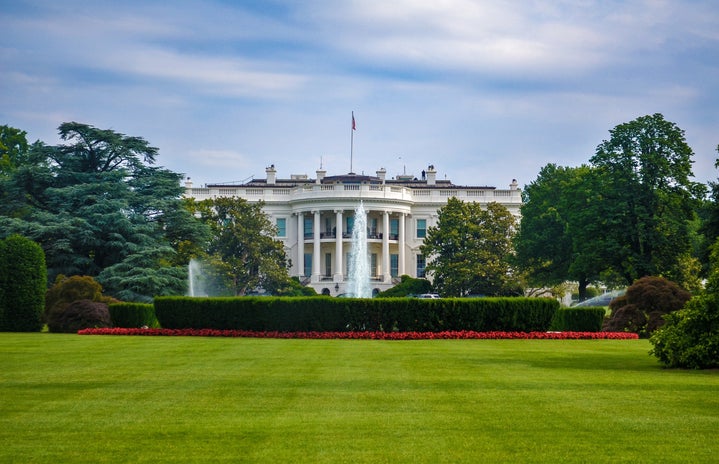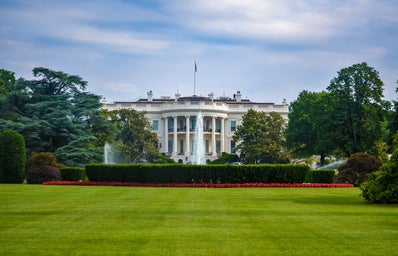Social media has been a platform the modern century runs on. Whether it’s emailing a professor or posting your new kicks on Instagram, somebody will be online.
According to the social media platform Hootsuite, “The number of social media users worldwide in 2019 is 3.484 billion, up 9% year-on-year.”
With elections coming up, presidential candidates have posted campaign ads on YouTube, Facebook, and other websites. And it has been disruptive. Reports of false political advertisements were found and corrected on October 21, 2019, sources say.
“As part of the election efforts, Facebook is launching Facebook Protect, additional security measures for accounts that may face threats during an election, including candidates, elected officials, and staff. Participants will have to use two-factor authentication, and their accounts will be monitored for hacking,” said Engadget.
Presidential candidate Elizabeth Warren paid to post a false ad on Facebook, and it was allowed. In a series of tweets, Warren addressed that Facebook posted the ad without fact-checking.
Facebook changed their ads policy to allow politicians to run ads with known lies—explicitly turning the platform into a disinformation-for-profit machine. This week, we decided to see just how far it goes.
— Elizabeth Warren (@ewarren) October 12, 2019
Warren said in another Tweet that America needs to “fix a corrupt system that lets giant companies like Facebook engage in illegal anti-competitive practices, stomp on consumer privacy rights, and repeatedly fumble their responsibility to protect our democracy.”
Facebook remains the top social network in the U.S, with 171.25 million mobile users accessing their mobile app in June 2019, statistics say. “The company’s other properties Instagram and Facebook Messenger ranked second and third with 123 and close to 108 million users respectively.“ according to statistica.
Like Warren, others are trying to outdo these false political ads. Running for California governor is political activist, Adriel Hampton. Two of his attempts were defeated when taken down after 24 hours.
“I don’t usually run fake ads, but this was an interesting opportunity to test that premise, that it’s okay for politicians to lie. It went quite viral.” Hampton said. “My concern is that Donald Trump, who plans a billion-dollar campaign, can use this exemption to manipulate the election very easily.”


